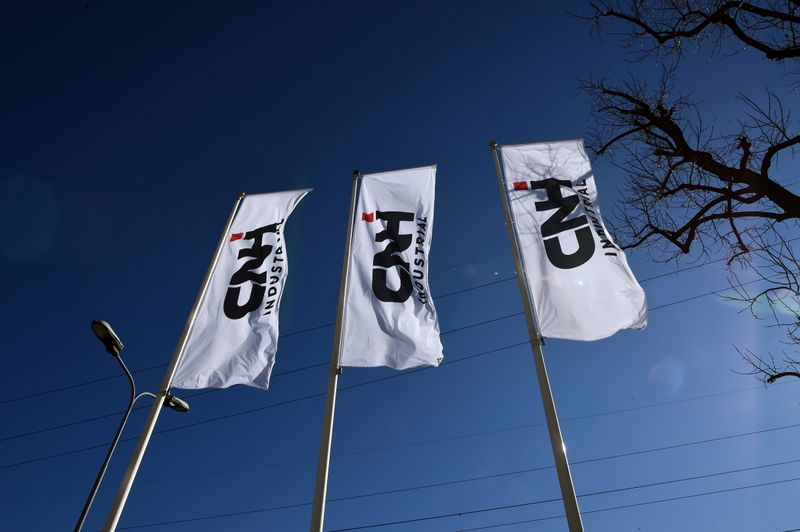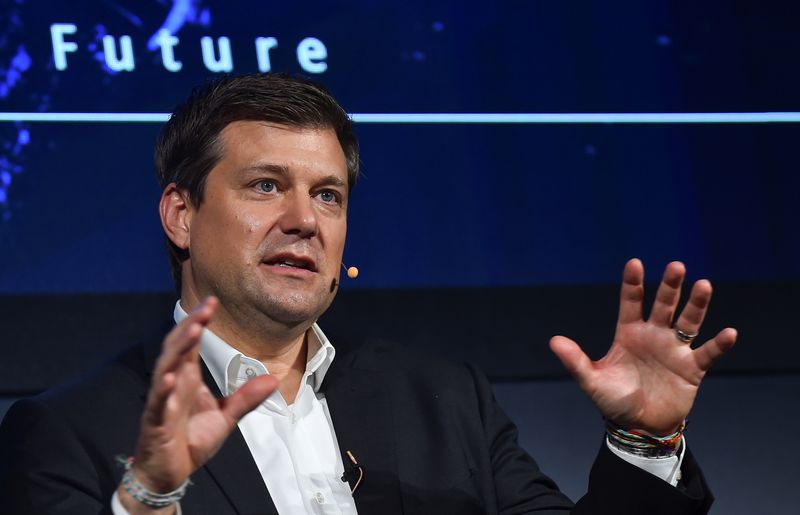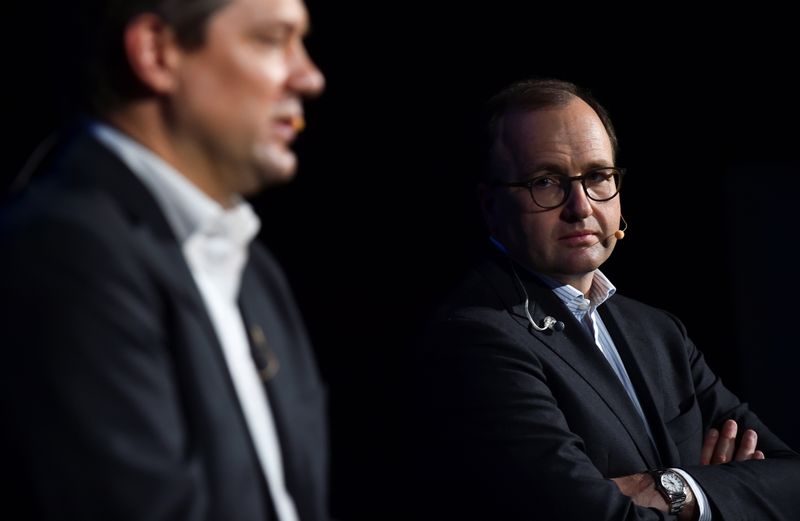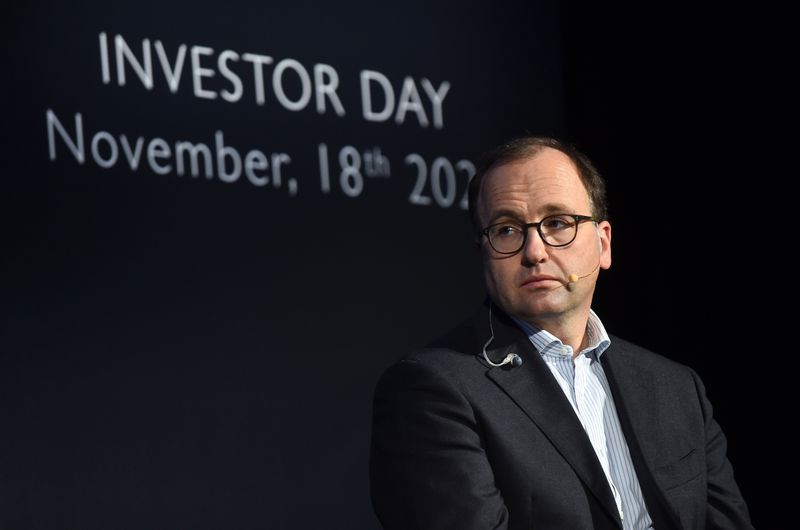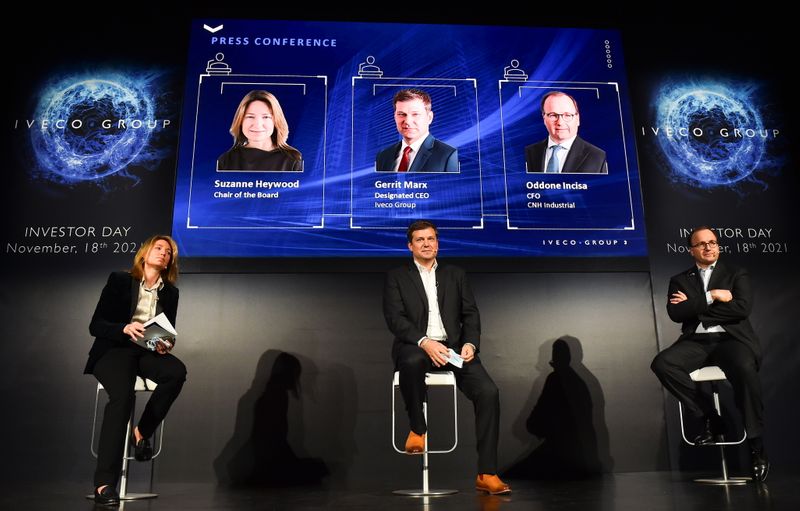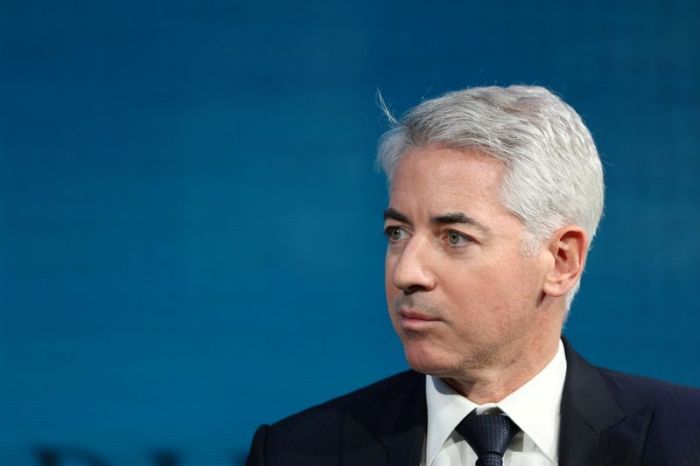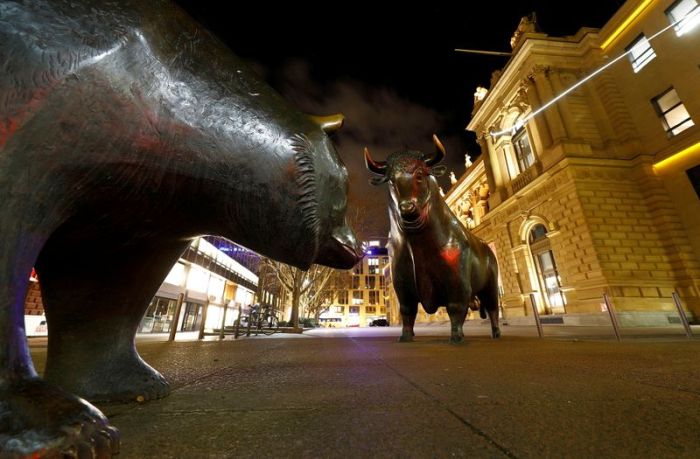MILAN (Reuters) – Iveco will focus on zero-emission trucks and buses and aim to act like a nimble startup as its owner CNH Industrial prepares to spin off the unit to concentrate on farm machinery and construction equipment.
In an investor presentation on Thursday Chief Executive-designate Gerrit Marx said Iveco should be seen as a “150-year-old startup” able to “outthink and outsmart” larger competitors.
CNH’s spin-off move mirrors a similar one by Daimler, whose truck operations will list next month, and follows the 2019 listing of Volkswagen’s truck unit Traton.
Traton this year snapped up U.S. truckmaker Navistar as the sector consolidates in the face of the costly challenges of developing both fully-electric models for short-haul trucks and hydrogen fuel cells for longer distance trucks.
Iveco is Europe’s second-largest player in the medium-sized commercial vehicle segment after Daimler, 2020 data provided by lobby group ACEA showed, but it lags competitors in the heavy-duty commercial vehicle market.
In its listing prospectus Iveco, which also makes specialty and defence vehicles as well as powertrains, said its spin-off from CNH would help both participate in consolidation.
Marx told a press conference Iveco would look with interest at partnerships in Asia that gave it the opportunity to share technology, mutually supply components or pursue joint development projects.
“That is a collaboration on a global scale that makes sense … that’s pretty much what we’ve set ourselves up for,” he said answering a question on possible interest from South Korea’s Hyundai and China’s Geely.
Shares in CNH closed down 1.2%, bucking a 0.6% rise in Milan’s blue-chip index.
CNH shareholders will receive one Iveco share for every five CNH shares. Analysts estimate Iveco could fetch a market value of around 4 billion euros.
Banca Akros analyst Gabriele Gambarova said Iveco was on track on emissions and finance services, and was strong on defence vehicles and on powertrains.
“Still, my feeling is that small size and low margins make it an M&A target,” he said.
Iveco said on Thursday it will develop a range of fully-electric buses by 2023 and a new range of electric and fuel-cell heavy-duty trucks by 2024.
A latecomer to electric trucks, Iveco has set up a joint venture with U.S. group Nikola to produce battery electric vehicles, starting with the Nikola Tre heavy truck and hydrogen fuel cell trucks from the end of 2023.
Iveco is targeting revenue of between 16.5-17.5 billion euros ($18.7-$19.8 billion) by 2026, a compound annual growth rate of 5% versus 2019, before the COVID-19 pandemic.
CNH shareholders are due to approve the demerger on Dec. 23, paving the way for Iveco shares to start trading on Jan. 3.
And it forecast an adjusted operating profit margin for industrial activities of 5.0-6.0% in 2026, up from 3.6% in 2019.
It is targeting free cash flow of 500 million euros in 2026, up from 30 million in 2019.($1 = 0.8819 euros)
(Reporting by Nick Carey and Valentina Za; Editing by Alexander Smith, Keith Weir and Cynthia Osterman)

